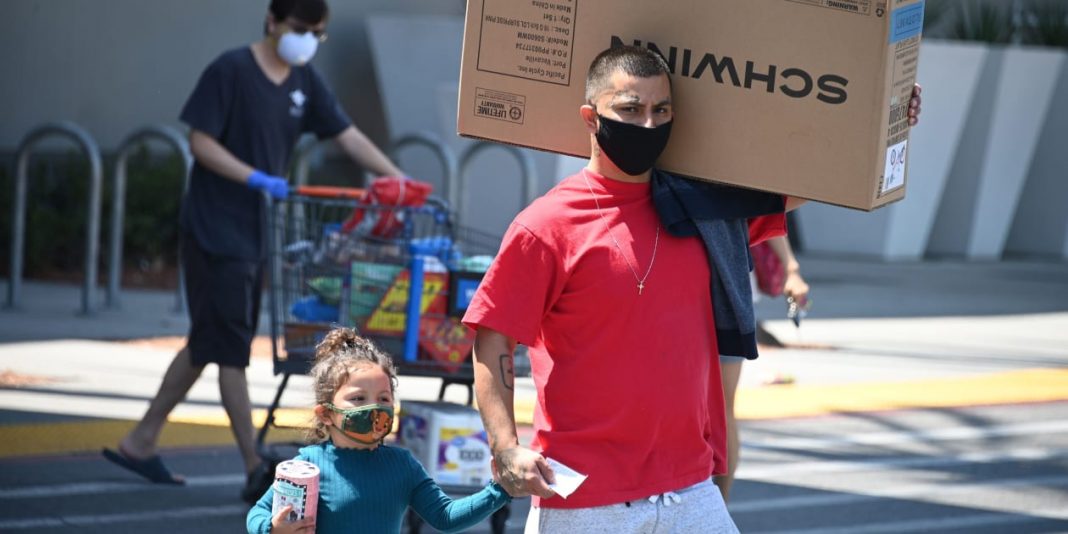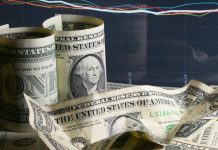KEY POINTS
- U.S. consumer spending appeared to slow in August as extended unemployment benefits were cut for millions of Americans.
- The data offered more evidence that the economic recovery from the Covid-19 recession was faltering.
- Core retail sales, which correspond most closely with the consumer spending component of gross domestic product, fell 0.1% last month after a downwardly revised 0.9% increase in July, the Commerce Department said.
- Overall retail sales increased 0.6%, however, in part as higher gasoline prices supported receipts at service stations.
U.S. consumer spending appeared to slow in August as extended unemployment benefits were cut for millions of Americans, offering more evidence that the economic recovery from the Covid-19 recession was faltering.
Core retail sales, which correspond most closely with the consumer spending component of gross domestic product, fell 0.1% last month after a downwardly revised 0.9% increase in July, the Commerce Department said on Wednesday.
This category, which excludes automobiles, gasoline, building materials and food services, was previously reported to have advanced 1.4% in July. Economists polled by Reuters had forecast core retail sales rising 0.5% in August.
Overall retail sales increased 0.6% in August, in part as higher gasoline prices supported receipts at service stations.
The report followed data this month suggesting the labor market was losing speed after astounding employment gains in May and June as businesses reopened after being shuttered in mid-March to control the spread of the coronavirus.
Job growth slowed further in August and new applications for unemployment benefits remained perched at extraordinarily high levels in early September. At the same time, manufacturing is also showing signs of fatigue, with output slowing last month.
A $600 weekly unemployment subsidy expired in July. It was replaced by a $300 weekly supplement, which was not available in all states, and funds for the program are expected to run out this month. Economists estimated that the reduced unemployment benefits supplement cut income by about $70 billion in August.
With at least 29.6 million people on unemployment benefits, the signs of a slowdown in consumer spending could ramp up pressure on the White House and Congress to restart stalled negotiations for another fiscal package.
Government money was credited for the sharp turnaround in economic activity that started in May. Still, consumer spending is expected to rebound strongly in the third quarter because of robust momentum in core retail sales at the tail end of the April-June quarter.
Consumer spending suffered a record collapse in the second quarter. The pullback in core retail sales in August, if sustained, would set up consumer spending on a slower growth path in the fourth quarter.




























